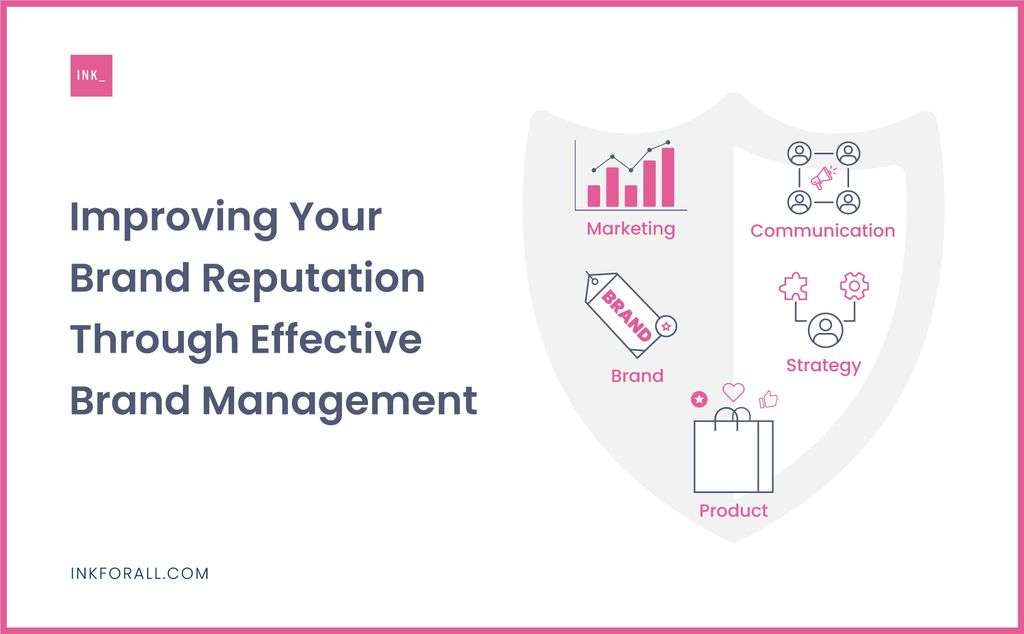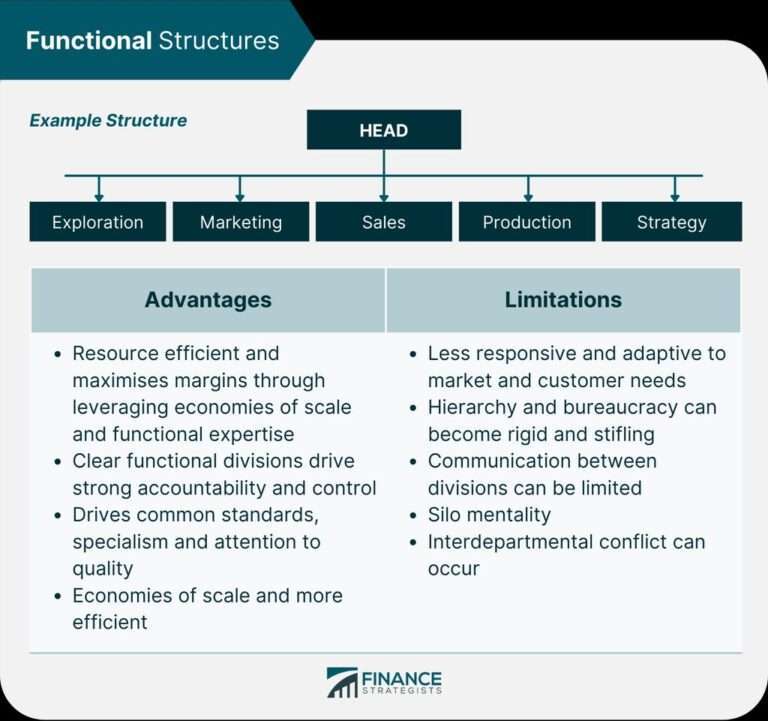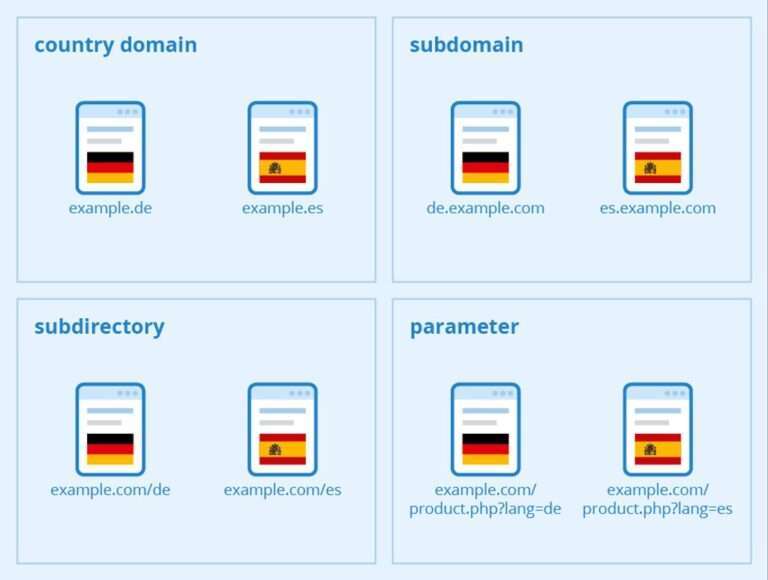Product Marketing vs Demand Generation
Overview
Definition of Product Marketing
Product marketing is a strategic function within a business that focuses on understanding the market, identifying customer needs, and positioning products to meet those needs. It involves conducting market research and analysis to gather insights about the target audience and competitors. Product marketing also plays a crucial role in developing product positioning and messaging to effectively communicate the value proposition to customers. By differentiating the product from competitors and highlighting its unique features and benefits, product marketing aims to drive customer interest and generate demand. The goal of product marketing is to ensure that the right product is developed and marketed to the right customers, ultimately contributing to business growth.
Definition of Demand Generation
Demand generation is a strategic marketing approach that focuses on creating and nurturing interest in a company’s products or services. It involves various tactics and channels to attract and engage potential customers, with the ultimate goal of driving demand and generating qualified leads. Unlike traditional marketing, which primarily focuses on promoting products, demand generation takes a holistic approach by building brand awareness, educating prospects, and establishing long-term relationships. It encompasses activities such as content marketing, social media advertising, email campaigns, and lead nurturing programs. The key insight from this article is that demand generation plays a crucial role in driving business growth by creating a continuous flow of qualified leads and supporting the overall marketing and sales efforts. By implementing effective demand generation strategies, businesses can increase their customer base, improve conversion rates, and ultimately achieve sustainable growth.
Importance of Product Marketing and Demand Generation
The key insights of this article highlight the crucial role that product marketing and demand generation play in driving business growth. Product marketing involves conducting market research and analysis to understand customer needs and preferences. This information is used to effectively position and message the product, ensuring that it stands out from competitors. Demand generation, on the other hand, focuses on lead generation and nurturing, as well as planning and executing marketing campaigns. By measuring and optimizing campaign performance, businesses can maximize their reach and impact. The synergy between product marketing and demand generation is essential for successful marketing strategies that drive business growth. To effectively leverage these strategies, businesses can utilize tools such as AI for scaling content operations and acquiring attention. Contact us through partner@unifire.ai to learn more.
Role of Product Marketing
Market Research and Analysis
Market research and analysis play a crucial role in the success of product marketing. By conducting thorough research and analysis, businesses can gather valuable insights about their target audience, competitors, and market trends. This information enables them to identify customer needs, preferences, and pain points, which can then be used to develop and position their products effectively. Additionally, market research helps businesses understand the competitive landscape and identify opportunities for differentiation. Successful product marketing relies heavily on accurate and up-to-date market research and analysis to make informed decisions and drive business growth.
Product Positioning and Messaging
After conducting thorough market research and analysis, the next crucial step in product marketing is product positioning and messaging. This involves crafting a compelling narrative that effectively communicates the unique value proposition of the product to the target audience. By understanding the needs and pain points of the customers, product marketers can create messaging that resonates with them and positions the product as the solution they have been searching for. The messaging should highlight the key features and benefits of the product, addressing the pain points and demonstrating how it can solve their problems. Demand and lead generation are key factors to consider when developing the messaging strategy, as it should be tailored to attract and engage potential customers, ultimately driving them to take action. A clear and concise messaging strategy is essential in capturing the attention of the target audience and differentiating the product from competitors. It sets the foundation for successful demand generation campaigns and ensures that the right message reaches the right people at the right time.
Competitive Analysis and Differentiation
Competitive analysis and differentiation play a crucial role in product marketing and demand generation. Competitive analysis involves identifying and evaluating the strengths and weaknesses of competitors in the market. This analysis helps in understanding the competitive landscape and identifying opportunities for differentiation. Differentiation is the process of creating a unique value proposition that sets your product apart from competitors. It involves identifying the unique features, benefits, and positioning that appeal to your target audience. By conducting a thorough competitive analysis and focusing on differentiation, product marketers and demand generation teams can effectively position and promote products to target customers. This bridge between the product team and the market enables businesses to gain a competitive edge and drive growth.
Role of Demand Generation
Lead Generation and Nurturing
Lead generation is a crucial aspect of demand generation, as it involves identifying and attracting potential customers who have shown interest in your product or service. This process includes various strategies such as content marketing, social media advertising, and email campaigns to capture leads and nurture them through the sales funnel. Nurturing leads involves providing valuable information, personalized communication, and continuous engagement to build trust and move them closer to making a purchase decision. By effectively generating and nurturing leads, businesses can increase their customer base and drive revenue growth.
Campaign Planning and Execution
Campaign planning and execution is a critical aspect of demand generation. It involves developing a strategic plan to reach and engage the target audience through various marketing channels. This includes identifying the most effective messaging and positioning for the campaign, selecting the appropriate marketing tactics, and creating compelling content. The primary driver behind successful campaign planning and execution is a deep understanding of the target audience and their needs. By conducting thorough market research and analysis, marketers can identify the pain points and challenges that their audience faces and tailor their campaigns to address those specific needs. Additionally, measuring and optimizing campaign performance is essential to ensure that the campaign is delivering the desired results. By tracking key metrics such as conversion rates, engagement levels, and ROI, marketers can identify areas for improvement and make data-driven decisions to enhance the effectiveness of their campaigns. In conclusion, campaign planning and execution play a crucial role in driving demand generation and ultimately business growth. By developing well-planned and targeted campaigns, marketers can effectively reach and engage their audience, generate leads, and convert them into customers.
Measuring and Optimizing Campaign Performance
Measuring and optimizing campaign performance is a critical aspect of both product marketing and demand generation. It allows you to assess the effectiveness of your marketing efforts and make data-driven decisions to improve results. The primary goal of measuring campaign performance is to determine the return on investment (ROI) and identify areas for optimization. Key metrics to track include conversion rates, click-through rates, engagement levels, and lead quality. By analyzing these metrics, you can identify which campaigns are generating the most qualified leads and driving the highest ROI. This insight enables you to allocate resources effectively and focus on strategies that deliver the best results. To measure and optimize campaign performance, you can use various tools and techniques, such as A/B testing, multivariate testing, and attribution modeling. These methods help you identify the most effective messaging, channels, and targeting strategies. By continuously monitoring and optimizing campaign performance, you can maximize the impact of your marketing efforts and drive business growth.
Conclusion
The Synergy between Product Marketing and Demand Generation
The synergy between product marketing and demand generation is crucial for driving business growth. Product marketing focuses on understanding customer needs, conducting market research, and developing product positioning and messaging strategies. Demand generation, on the other hand, focuses on generating and nurturing leads, planning and executing campaigns, and optimizing campaign performance. By working together, product marketing and demand generation teams can create a powerful combination that attracts, engages, and converts customers. This synergy allows businesses to effectively reach their target audience, differentiate themselves from competitors, and drive revenue growth. To maximize the synergy between product marketing and demand generation, it is important to align strategies, share insights and data, and collaborate on campaign planning and execution. By leveraging the strengths of both disciplines, businesses can achieve sustainable growth and success in the market.
Driving Business Growth through Effective Marketing Strategies
Effective marketing strategies play a crucial role in driving business growth. By implementing targeted product marketing and demand generation tactics, businesses can effectively drive demand for their products or services. Product marketing helps businesses understand their target market through market research and analysis, allowing them to position their products effectively and craft compelling messaging. Additionally, competitive analysis and differentiation enable businesses to stand out in a crowded market. On the other hand, demand generation focuses on lead generation and nurturing, ensuring a steady stream of potential customers. Campaign planning and execution, coupled with measuring and optimizing campaign performance, further contribute to driving business growth. By leveraging these strategies, businesses can maximize their reach, engage their target audience, and ultimately achieve their growth objectives.
The Future of Product Marketing and Demand Generation
The future of product marketing and demand generation holds great potential for driving business growth. As businesses continue to evolve and adapt to the digital landscape, the roles of product marketing and demand generation become increasingly crucial. One key insight from this article is the importance of sales and marketing working together seamlessly. By aligning their strategies and collaborating effectively, businesses can maximize their marketing efforts and generate more leads. Another important aspect is the integration of artificial intelligence (AI) and automation into marketing processes. Smart creators understand that while AI can’t replace humans, it can be used as a tool to scale their impact and acquire attention. Additionally, leveraging new channels and optimizing content creation can help businesses engage customers and dominate their social niche. By creating valuable and thought-provoking content, businesses can establish themselves as thought leaders in their industry. Overall, the future of product marketing and demand generation lies in embracing technology, collaboration, and innovation to drive business growth.
In conclusion, Unifire is the ultimate tool for extracting summaries, keywords, and titles from your podcast and repurposing your content. With Unifire, you can save time and effort by automating the process of creating engaging content. Whether you’re a podcaster, content creator, or marketer, Unifire can help you optimize your content strategy and reach a wider audience. Don’t miss out on the opportunity to enhance your content creation workflow. Visit Unifire today and start maximizing the potential of your podcast content!








